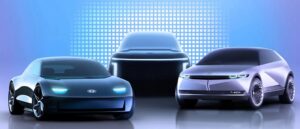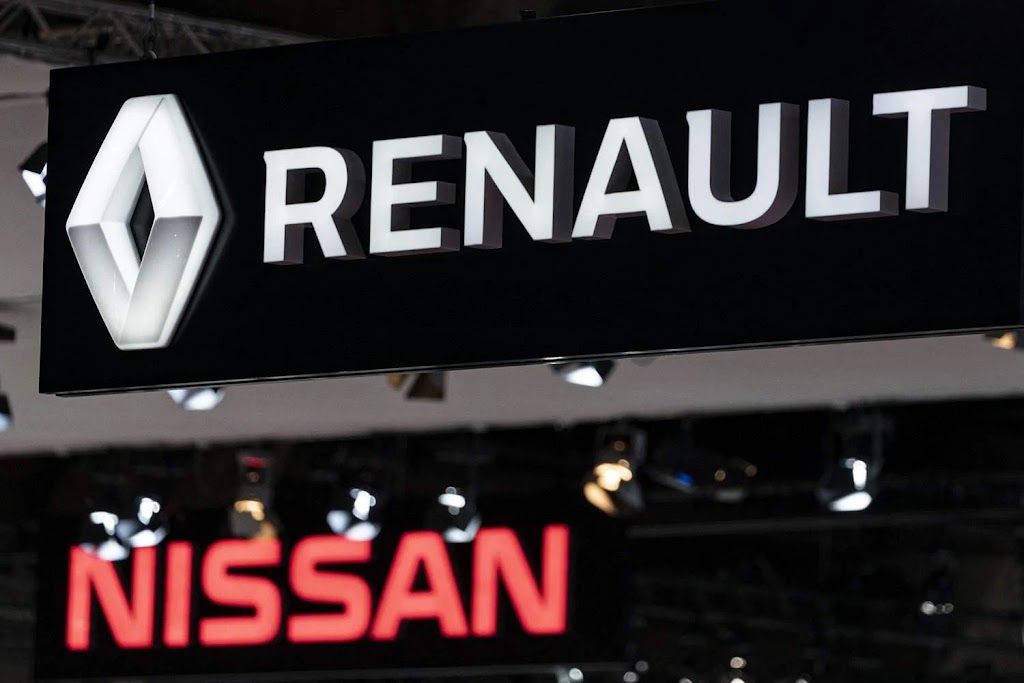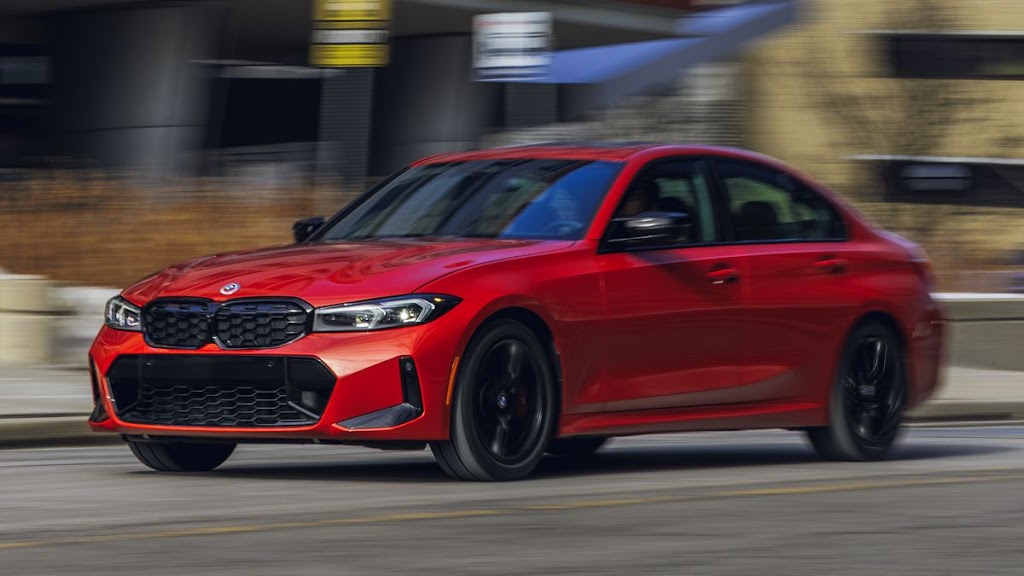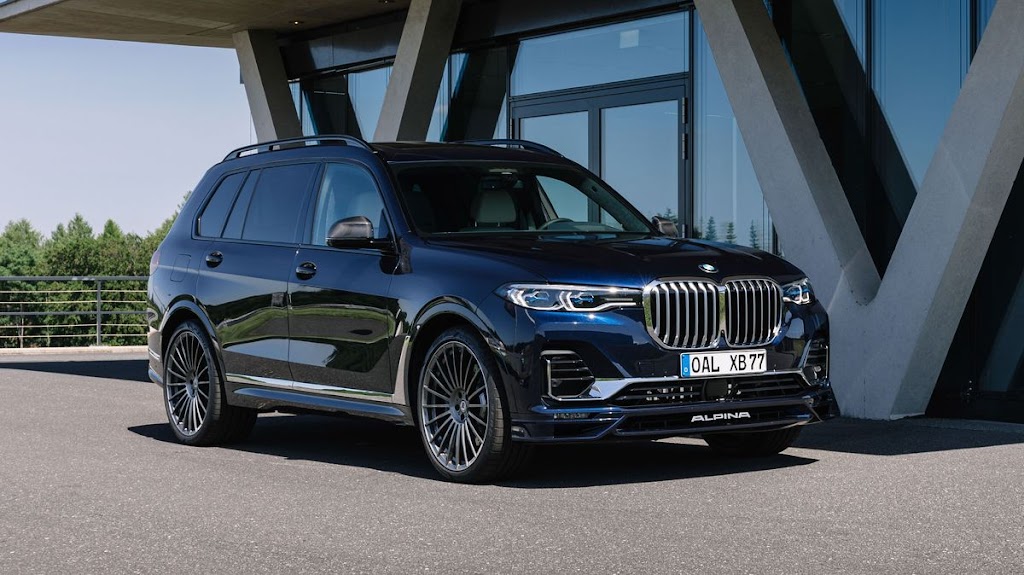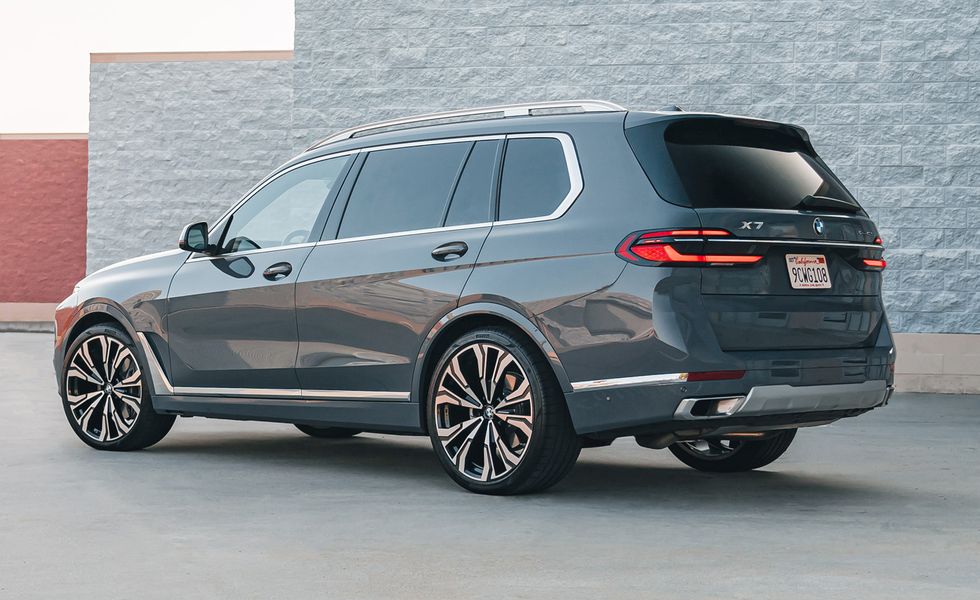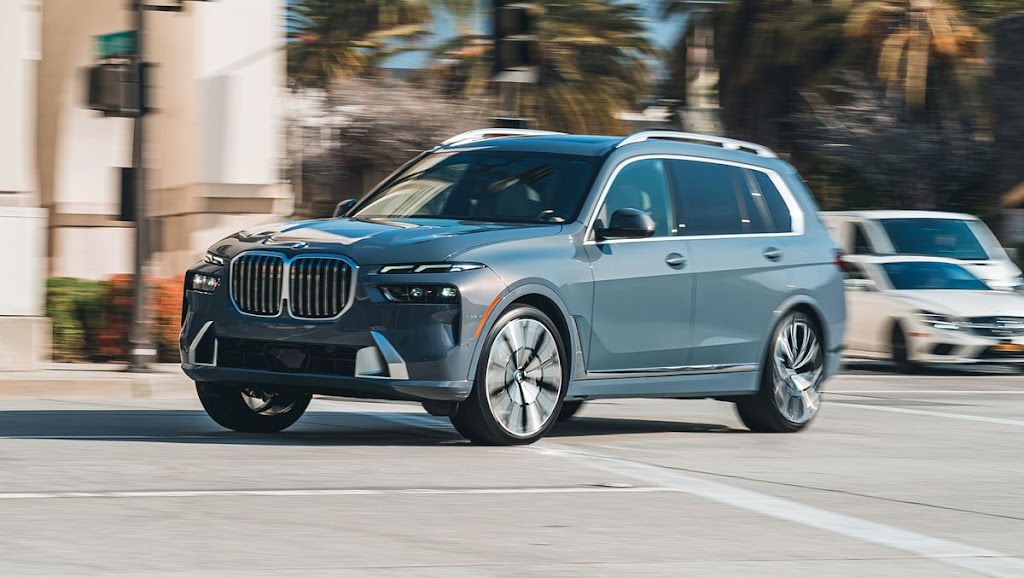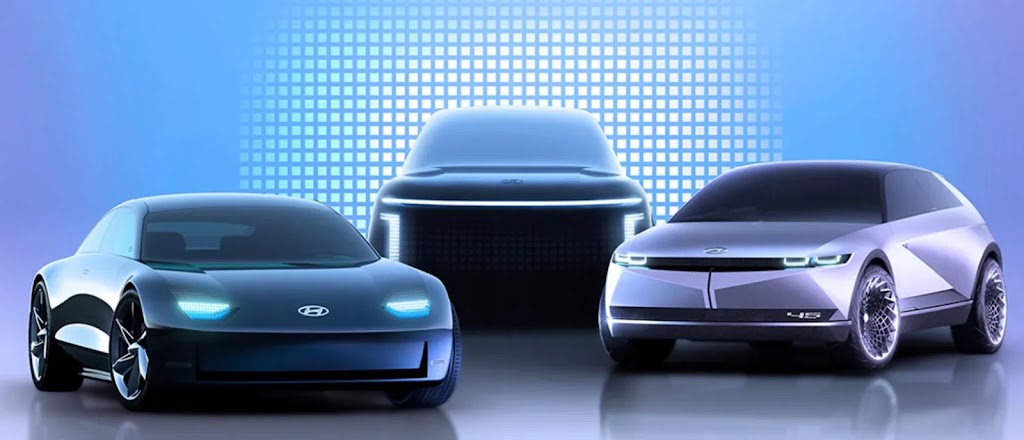
Hyundai Motor Group to Develop Low-Cost
Electric Vehicle Batteries
According to recent
reports from industry insiders, Hyundai Motor Group is expected to develop its
own competitively priced lithium iron phosphate (LFP) electric vehicle
batteries later next year, aiming to reduce dependence on Chinese battery
manufacturers.
Media reports indicate
that, as part of a two-year collaboration initiated earlier this year with
South Korean battery manufacturers, Hyundai Motor is set to complete the
development of LFP batteries by 2024.
Starting in 2025,
these batteries will be installed in Hyundai and Kia’s small and entry-level
electric vehicles, as well as midsize electric cars.
A Hyundai Motor
Group executive declined to comment on the matter, citing confidentiality, but
mentioned, “We are considering collaboration with small domestic battery
manufacturers in Korea, as well as major corporations like LG Energy Solution,
Samsung SDI, and SK On.”
Hyundai’s goal is to
maximize cell capacity, reaching levels above 60 ampere-hours, with an energy
density of approximately 300 watts per kilogram. The company plans to elevate
the voltage and capacity of the new product to levels comparable to
high-quality nickel manganese cobalt (NCM) batteries.
Industry experts note
that by committing to reduce reliance on Chinese battery manufacturers and
producing cost-effective electric vehicles, Hyundai Motor is taking a bold step
by independently manufacturing batteries.
The Hyundai Kona EV
and its sibling model, the Kia Ray compact electric sedan, currently use LFP
batteries produced by Chinese company CATL.
Experts in the
industry suggest that Hyundai’s own battery business can also boost the
production of lower-priced electric vehicles. With global electric vehicle
sales declining, there is an increasing focus on mid to low-priced electric
cars.
In June of this year,
Hyundai Motor Group CEO Chang Jae-hoon unveiled a 9.5 trillion won
(approximately 7.3 billion USD) investment plan for the next 10 years for
battery development and technological advancements. Chang Jae-hoon stated that
the company will collaborate with battery manufacturers and academic
institutions to jointly develop LFP, NCM, and solid-state batteries.
As part of its
comprehensive strategy, Hyundai Motor has collaborated with SK On to implement
the initial installation of the first NCM battery designed for its hybrid
vehicles. This innovative battery technology has been integrated into the
hybrid version of the Hyundai Santa Fe midsize SUV, which was introduced in
August. For the most up-to-date and accurate details regarding this
collaboration and the utilization of NCM batteries in Hyundai’s hybrid cars, it
is recommended to refer to official announcements from Hyundai Motor, SK On, or
reputable sources in the automotive industry, for information. in this field can
change rapidly.
Regarding the
development of lithium-ion batteries and next-generation solid-state batteries,
Hyundai plans to collaborate with American companies Solid Energy System and
Solid Power.
Hyundai also plans to
construct a new research building at its Uiwang research center in Gyeonggi
Province next year for research on lithium-ion batteries and solid-state
batteries. The company is currently considering building a small pilot production
line to test and improve battery performance.

